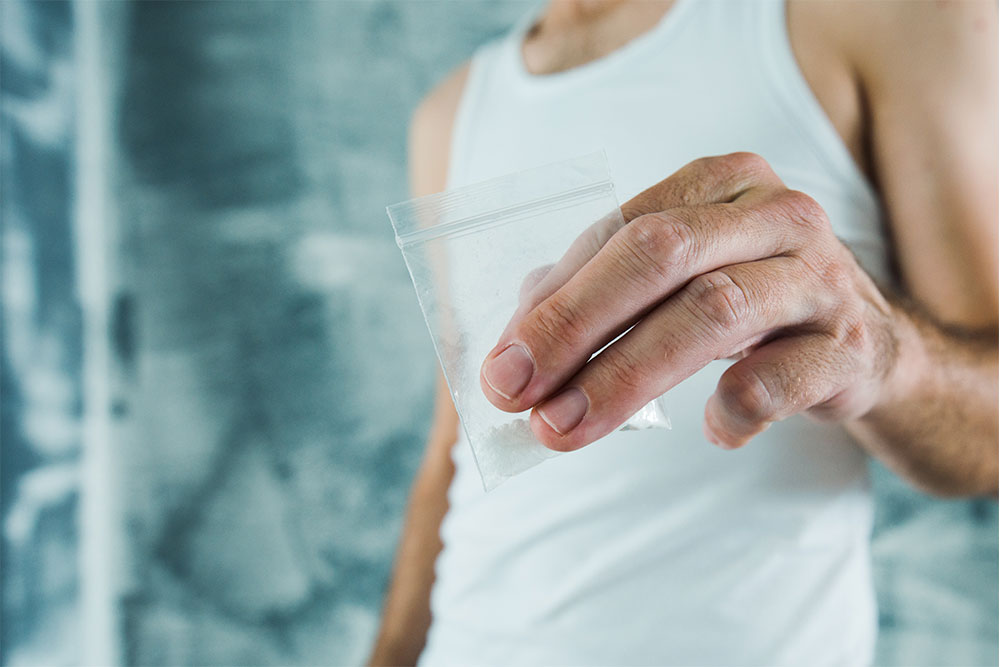Criminal charges related to controlled substances have many technicalities. At times, making sense of the differences between various drug charges can be difficult, specifically when it comes to determining and proving the type of offense committed. Here, we will help you understand the key differences between simple possession and possession with the intent to sell and the consequences of these crimes.
What is Simple Drug Possession?
Simple drug possession in Philadelphia can be declared in Pennsylvania if the defendant knowingly and/or intentionally possessed a controlled substance that they are neither licensed nor registered to possess. In these cases, it is assumed the drugs are intended for personal use.
What is Possession with Intent (PWID)?
Possession with intent to sell/deliver/distribute (PWID) can be charged if the defendant is proven to have the mental intent to sell or distribute the controlled substance that was in their possession
Differences Between Simple Possession and PWID
Amount of Drugs
In general, having a certain amount of a controlled substance in one’s possession is grounds for an arresting officer to charge the offender with PWID. The threshold to determine this varies by substance, but generally, if the offender could not reasonably consume the amount of drugs found in their possession, the offender would be charged with PWID, as opposed to simple possession.
Conditions of Charges
The conditions of one’s arrest also impact whether or not one is charged with PWID versus simple possession.
- If one is caught in the act of selling a controlled substance, one will be charged with PWID.
- If one is caught with a specific amount of a controlled substance (this amount varies by drug), one will be charged with PWID.
- If one is proven to have had the mental intent to sell the substance, one will be charged with PWID.
If none of these conditions are met, but one is still found to be in the possession of controlled substances, a defendant will most likely be charged with simple possession.
Consequences of Drug Possession
The consequences one may face when charged with simple possession varies across PWID charges.
- In most cases, simple possession is a misdemeanor, whereas PWID is a felony in Pennsylvania. The different types of crime result in different penalties with a felony charge having larger fines and longer jail time than a misdemeanor.
- Additionally, the more drugs a defendant has in their possession, the more severe the consequences may be. The quantity of the controlled substance and the prison time and/or fines one faces for the charge are directly proportional in most cases.
- Finally, the type of drug influences the severity of the sentence. For example, LSD and heroin are Schedule I drugs in Pennsylvania. Simple possession or PWID of Schedule I drugs will lead to a harsher punishment—usually found in the form of a larger fine or more jail time—than simple possession or PWID of Schedule III drugs, such as Vicodin and ketamine. Ultimately, the lower the Schedule number, the more severe the punishments will be for all drug-related offenses in Pennsylvania.
If you or someone you know is facing a simple possession or PWID charge, securing the aid of experienced criminal defense attorneys is the first step towards gaining control of the situation. Contact us today for a free consultation.

